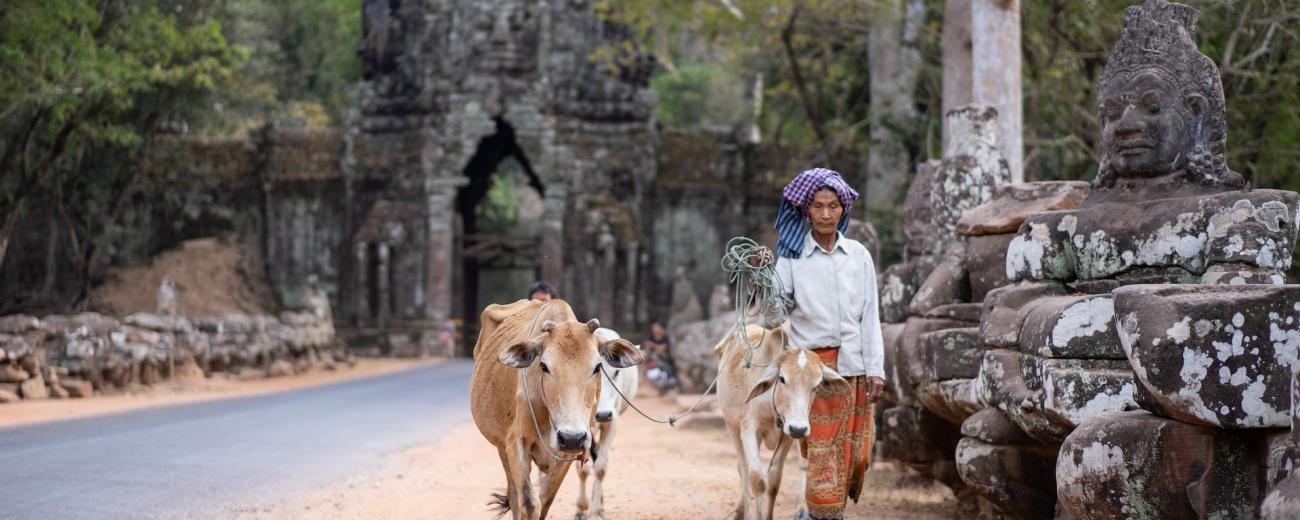
China and the Human Rights of its Neighbours

Key information
- Date
- Time
-
5:00 pm to 6:30 pm
- Venue
- Russell Square, College Buildings
- Room
- RG01
About this event
Abstract
What was missing in the discussion of political development after WWII is whether a country is geographically close to China can mean a lot about what political future it may have. North Korea and Myanmar are both geographically and politically close to China. Cambodia does not share any border with China, but exists in the backyard of China. Taking the examples of these three countries, this presentation argues that something which is not supposedly happen in the model of political change is happening in countries that are too close to China. If China gives lethal stability to its neighbours, do the actors outside have no option but to look the other way? This is a question the rise of China invites and some countries like Japan have already decided not to solve.
About the speaker
Michimi Muranushi is a professor of International Politics at the Department of Law of Gakushuin University, Tokyo. He studied at University of Tokyo (B.L.), SAIS-Johns Hopkins, and Yale (Ph.D. International Politics). He was a fellow at Kennedy School, Harvard, visiting professor at the Shanghai Institute for International Studies, Fudan University, and Beijing University.
His academic interests are war, genocide, and human rights. His books include The ‘Story’ of the Rohingyas and the Japanese Government, The Abduction Problem and Japan-DPRK Relations, 9/11 and WMD: Who Helped Whom?. His latest article is The Exceptionality of the Powerless and the Banality of Power: Japan’s Rohingya Community and the Japanese State - FORSEA.
Registration
This event is open to the public and free to attend, however registration is required, through this online registration form.
Please note that this talk is taking place on campus. This talk will not be recorded or live-streamed.
Chair: Professor Michael W. Charney, SOAS Department of History
Organiser: SOAS China Institute and SOAS Centre of South East Asian Studies
Contact email: sci@soas.ac.uk


